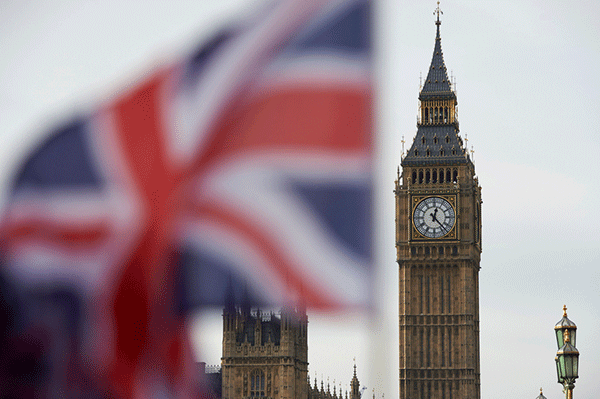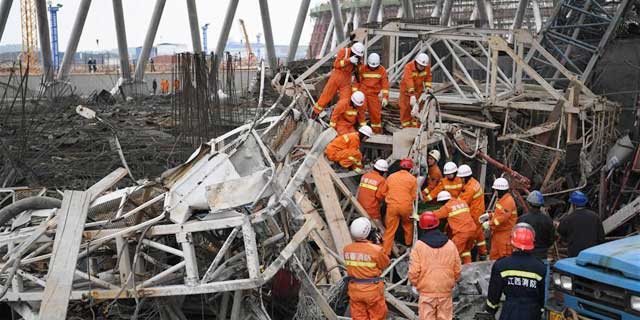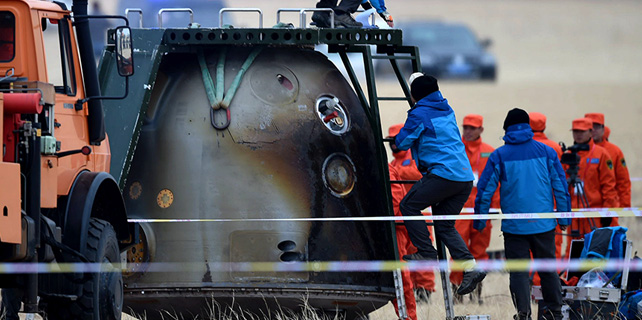Should Britain's charity begin at home?
 |
|
A Union flag flies in the wind in front of the Big Ben clock face and the Elizabeth Tower at the Houses of Parliament in central London on November 3, 2016. [Photo/VCG] |
Domestic critics of Britain's generous overseas development program have seized on an official watchdog report revealing that the government continues to provide China and other new global powers with millions of pounds in aid.
"Britain is still handing out millions of pounds in aid to new superpowers," roared the right-wing Daily Mail, capitalizing its outrage at the news that the government's aid department may have misled the public into believing that assistance to countries such as China, India and South Africa had ended.
"Britain still secretly sending aid to China," echoed The Times.
The Daily Express quoted John O'Connell of the grassroots TaxPayers' Alliance as saying: "Taxpayers will be astonished that countries like China and India are still receiving aid at their expense."
The source of the indignation was a report last week from the Independent Commission for Aid Impact, which keeps an official eye on the United Kingdom's aid spending to ensure that taxpayers are getting value for their money. The commission found that the government's Department for International Development had perhaps been economical with the truth when it announced that its aid program to China ended in 2011.
The finding was grist for the mill of those who argue that Britain hands out far too much foreign aid at a time of domestic spending cuts.
The fine print of the watchdog report was somewhat less dramatic than the headlines. It found that less than £10 million ($12.4 million) a year was going to China, small change in terms of Britain's overall £12.2 billion aid bill.
Moreover, the assistance was not some kind of free cash handout but rather part of a cooperative program to provide British expertise to help China become a more effective donor and investor in developing countries. On a study trip to Asia, the watchdog's officials found that "stakeholders in both China and India stressed to us that, even though the financial aid was no longer essential, they would appreciate continued policy advice and technical support".






















